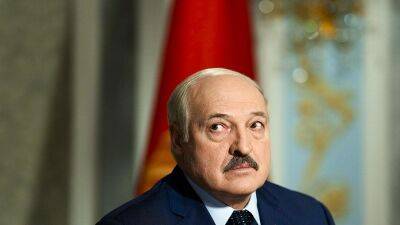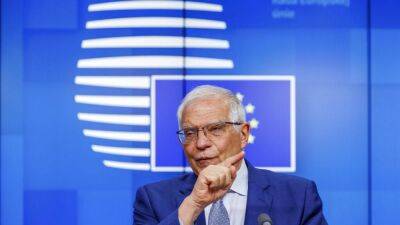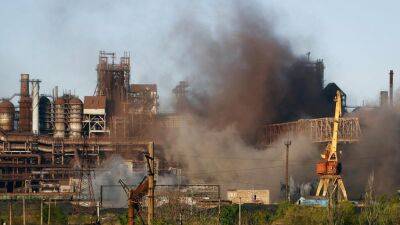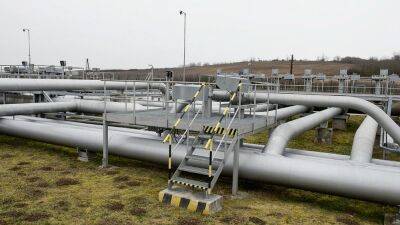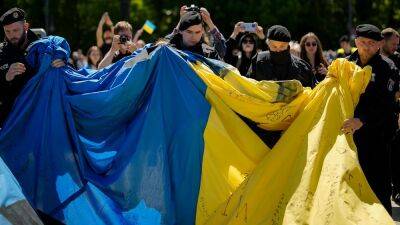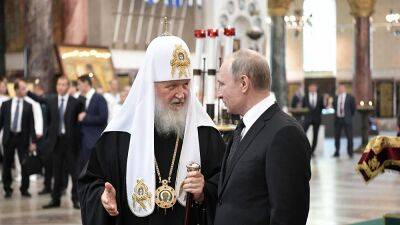Hungary, Slovakia, Czech Republic and Bulgaria still resisting EU ban on Russian oil
Talks aiming at agreeing an EU-wide ban on Russian oil imports have gone into a sixth day.
Hungary, Slovakia, the Czech Republic and Bulgaria are resisting approval and demanding special dispensations to accommodate domestic needs.
The main point of contention remains the ambitious timeline envisioned by the European Commission: a phase-out of all Russian crude in six months and all refined oil products by the end of the year.
Due to their entrenched dependency on Russian oil, the four countries argue they cannot make the switch to other providers in such a short period of time, without imperilling their national economies.
"There is still no proposal we could accept, and Hungary’s stance has remained unchanged," Hungarian State Secretary Zoltán Kovács said in a short statement to Euronews.
The country's prime minister, Viktor Orbán, had previously compared Brussels's proposal to an economic "atomic bomb" because it ignored Hungary's "circumstances".
An initial compromise reached last week showed that Hungary and Slovakia could be allowed to complete the phase-out by the end of 2024, two years later than what Brussels had proposed, diplomatic sources with knowledge of the situation told Euronews.
The Czech Republic could also benefit from a protracted exemption, until June 2024, while waiting to be connected to the Transalpine Pipeline, which today links Italy, Austria and Germany.
Now, Bulgaria is demanding a similar two-year dispensation in exchange for its green light.
"Gazprom has halted gas exports to Poland and Bulgaria over the countries' refusal to pay for supplies in roubles," a spokesperson from Bulgaria's Permanent Representation to the EU told Euronews.
"In this context, we want an exemption from the embargo proposed
Read more on euronews.com





